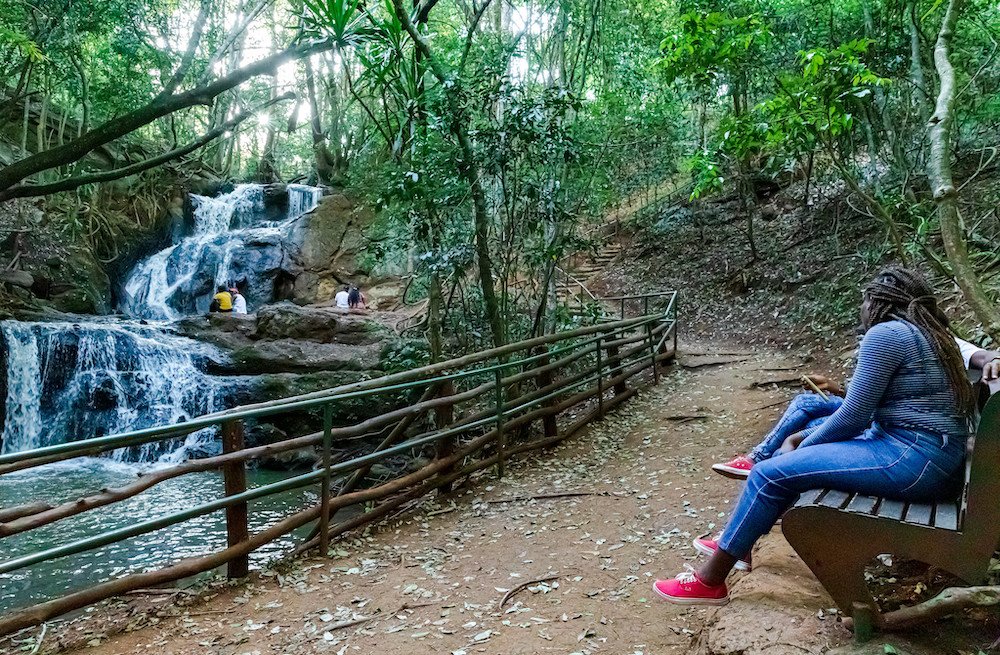Urban forests and green spaces are emerging as vital tools in the fight against climate change and inequality in African cities, according to the Johannesburg Declaration 2025.
The declaration, issued at the close of the 2nd African Forum on Urban Forests (AFUF), highlights the transformative potential of well-planned green spaces in building resilience, promoting health, and fostering inclusive communities across the continent.
Africa’s rapid urbanization, coupled with the expansion of informal settlements, climate change impacts, and environmental degradation, presents urgent challenges.
The declaration, which was issued in March 2025 by the Food and Agriculture Organization of the United Nations (FAO) and its partners, emphasizes that strategically designed urban forests and green spaces can help cities adapt to these pressures while improving quality of life for residents.
However, access to these benefits remains uneven, with disparities in distribution, quality, and availability. Addressing these inequities is crucial for creating sustainable and resilient urban environments that serve all citizens, not just a privileged few.
As a result, the declaration includes a strong call to action, urging policymakers, urban planners, environmental experts, health professionals, civil society, and private sector stakeholders to collaborate in integrating green spaces into city planning.
The goal is to ensure these areas are inclusive, well-managed, and multifunctional—providing ecological, social, and economic benefits. It also looks to mobilize diverse funding sources, including municipal budgets, carbon markets, and public-private partnerships.
Governance reforms, research, and monitoring are also highlighted as priorities, alongside efforts to restore ecosystems, invest in sustainable waste management, and rectify historical environmental injustices.
The forum also marked the launch of the Afrika Mazingira Collective, a new African-led community of practice dedicated to advancing nature-based solutions. This initiative will support FAO’s Green Cities Initiative by fostering collaboration among urban stakeholders to scale up projects that enhance climate resilience, biodiversity, and livability.
The collective aims to bridge gaps between research, policy, and on-the-ground action, ensuring that urban green spaces are not just preserved but expanded to meet future challenges.
As the declaration states, “Together, we can create cities where the built environment, people, and nature thrive.” With strong partnerships and committed action, African urban centers can lead the way in demonstrating how green infrastructure can transform lives in an era of climate uncertainty.


